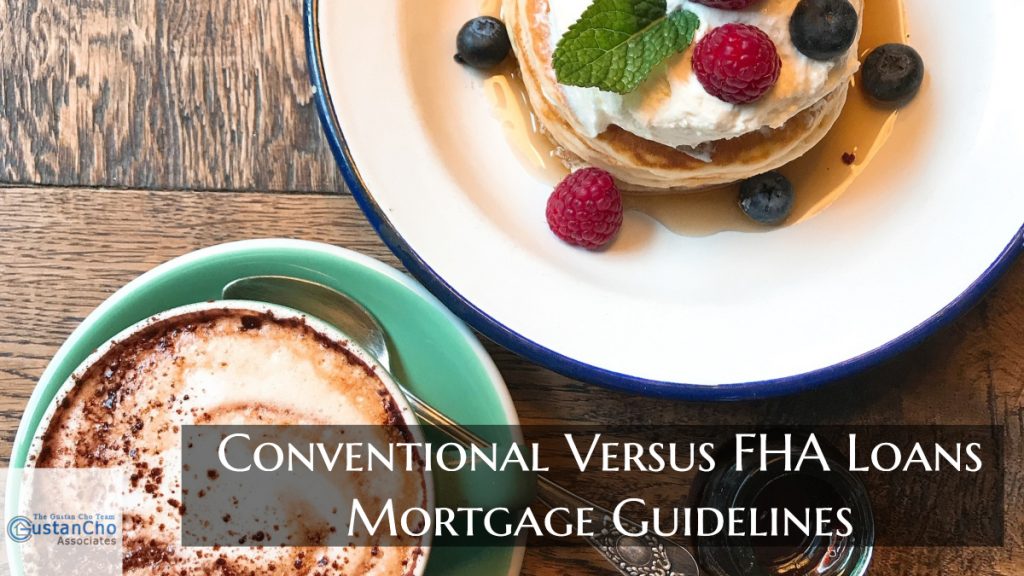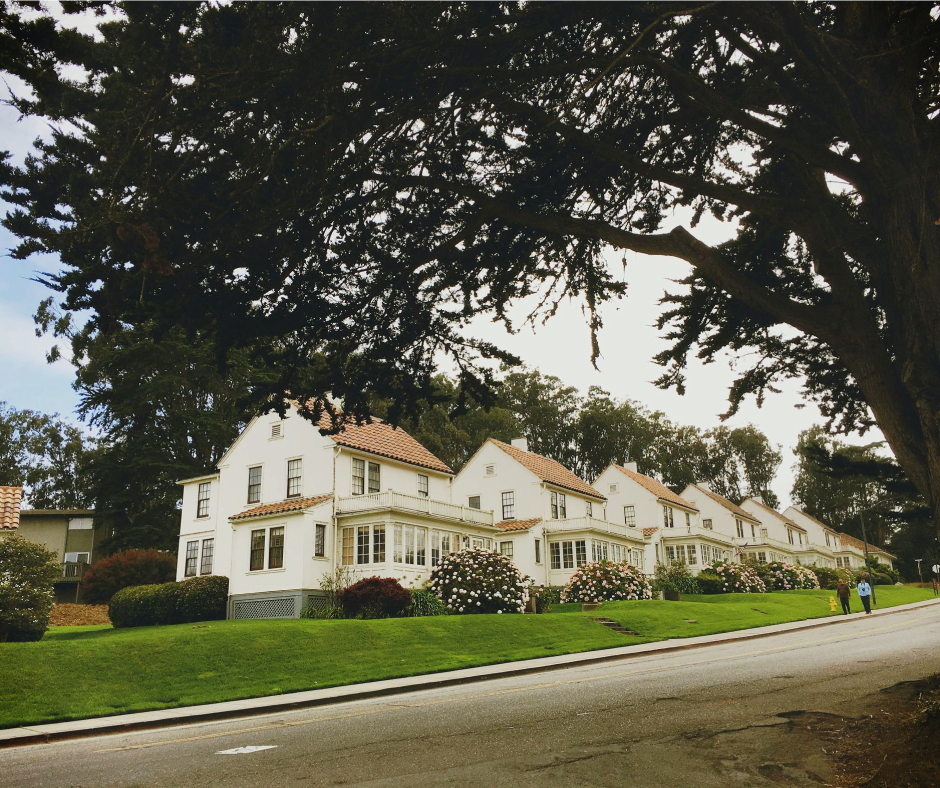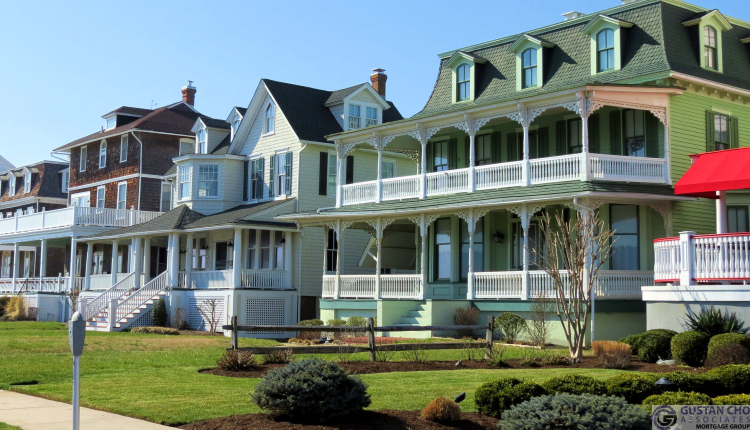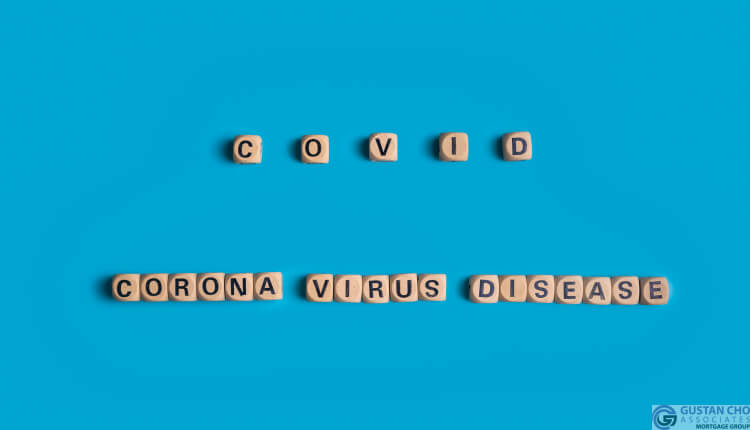Conventional Versus FHA Loans Which Do I Choose?
In this article, we will cover comparing the benefits of conventional versus FHA loans. Conventional and FHA loans are the two most popular mortgage loan options in the nation. Many folks, especially first-time homebuyers, do not realize which loan program is best for them. As far as they are concerned, a mortgage is a mortgage so which mortgage option is best for them with regards to conventional versus FHA loans?
Many borrowers prefer to get conventional versus FHA loans to avoid the higher FHA annual mortgage insurance premium on FHA-insured mortgage loans. There is an upfront mortgage insurance premium of 1.75% plus a monthly mortgage insurance premium which is 0.85% of the loan amount on FHA Loans. The annual FHA MIP is paid on a monthly installment along with the mortgage payment.
Mortgage Insurance Guidelines on Conventional Versus FHA Loans
There are no upfront mortgage insurance premiums with Conventional Loans. There is private mortgage insurance required on conventional loans with greater than 80% LTV. Premiums on private mortgage insurance on conventional loans depend on the borrower’s credit scores, the loan to value, and property type. FHA annual mortgage insurance premium is fixed no matter what the borrower’s credit profile is or the property type and/or LTV.
Down Payment Requirements on Conventional Versus FHA Loans

First-time home buyers can qualify for a Conventional Loan with a 3% down payment. A first-time home buyer is classified by Fannie Mae and Freddie Mac as a home buyer who did not have any ownership of an owner-occupant home for the past 3 years. Otherwise, borrowers can qualify for a conventional loan with a 5% down payment.
For homebuyers paying less than a 20% down payment on their home purchase, private mortgage insurance will be required. Once the property meets the 80% loan to value, private mortgage insurance will no longer be required if petitioned by the homeowner. A home appraisal is normally required.
Mortgage Insurance Requirement On Conventional Versus FHA Loans
With FHA loans, mortgage insurance premiums used to be required for at least five years and after five years, it could have been canceled once the loan to value is at 78%. However, there is new regulation pending where HUD now requires mortgage insurance premiums for the duration of the FHA mortgage loan. This means even if you pay down the mortgage to 50% loan to value, HUD will still require that you have mortgage insurance premium until the loan is paid off or you sell your house
UPDATE ON FHA MORTGAGE INSURANCE PREMIUM
FHA now requires a mandatory FHA mortgage insurance premium of 0.85% for the term of a 30-year FHA fixed-rate mortgage.
Guidelines on Conventional Versus FHA Loans
Conventional loan programs have tighter lending criteria than FHA-insured mortgage loans. On most conventional loan programs, the highest debt-to-income ratio that will be allowed is 50%. An FHA-insured mortgage loan, up to a 56.9% debt-to-income ratio back end and 46.9% DTI front end on borrowers with at least a 620 credit score. For borrowers under 620 FICO, the maximum DTI cap is at 580 FICO. Mortgage rates for conventional loans are higher than FHA loans as well and are very credit score sensitive.
Credit Requirements on Conventional Versus FHA Loans
Credit Guidelines Are more strict on Conventional Versus FHA Loans. The minimum credit score requirements on conventional loan programs require a 620 FICO score. Credit Scores play more of an important factor in determining mortgage interest rates on Conventional Versus FHA Loans.
FHA-insured mortgage loans have much lenient credit score requirements. The minimum credit score required to qualify for a 3.5% down payment FHA Loan is 580 FICO. Borrowers with under 580 down to 500 FICO can qualify for FHA loans. However, for any borrower with under 580 credit scores, a 10% down payment is required.
Qualify For Mortgage With No Lender Overlays
Whether home buyers decide on a conventional loan or an FHA-insured mortgage loan, there are pros and cons to both loan programs. Consult with a mortgage broker to see which program best fits your needs. Homebuyers or homeowners having any mortgage case scenario questions, please contact us at Non-QM Mortgage Brokers at 800-900-8569 or text us for faster response. Or email us at gcho@gustancho.com.
UPDATE On Conventional Versus FHA Loans

Since this mortgage blog article was first written and published, there have been many updates on Conventional Versus FHA Loans. First, the FHA MIP has been reduced to 0.85% from 1.35%. Second, the 97% LTV Conventional Loan Program is back for first-time home buyers. The 2-year waiting period after a short sale and/or deed in lieu of foreclosure to qualify for a conventional loan with a 20% down payment is no longer in existence.
Fannie Mae and Freddie Mac discontinued this 2-year waiting period program. Now the waiting period after a short sale and deed in lieu of foreclosure has been extended to four years a short sale and/or deed in lieu of foreclosure. But the good news is that only a 5% down payment is needed and not the 20% down payment.







